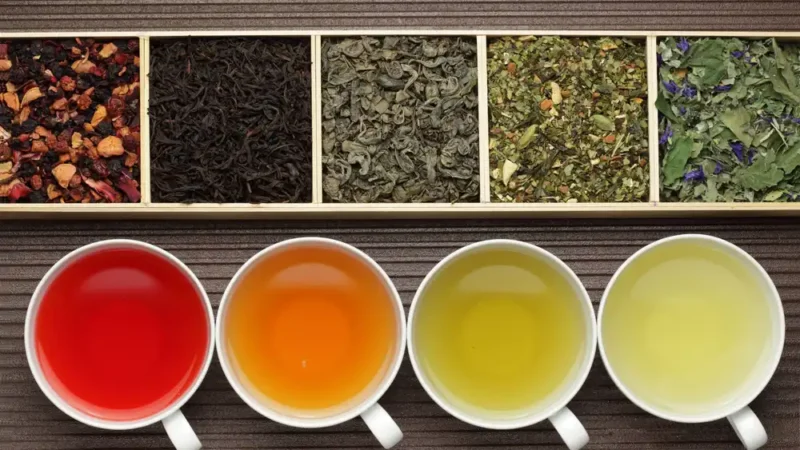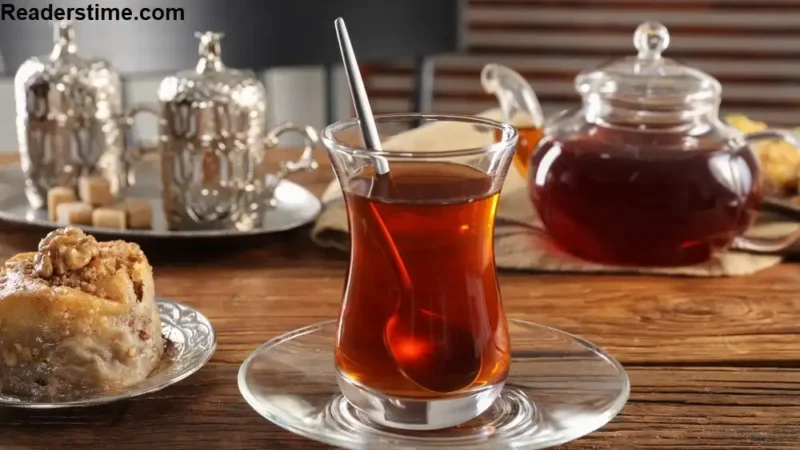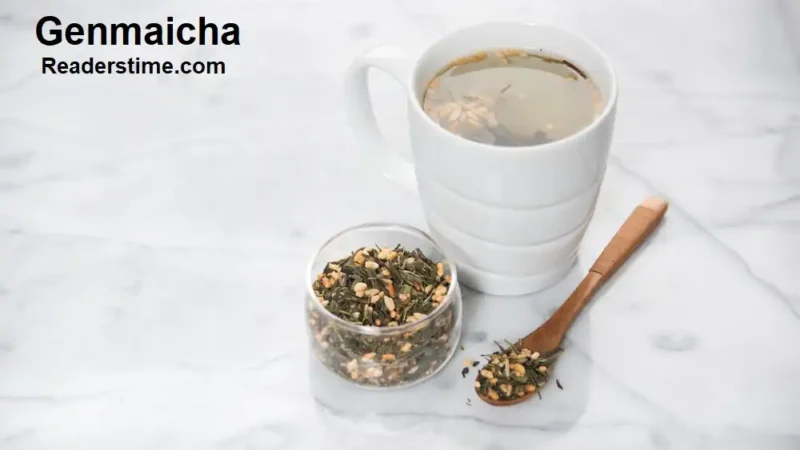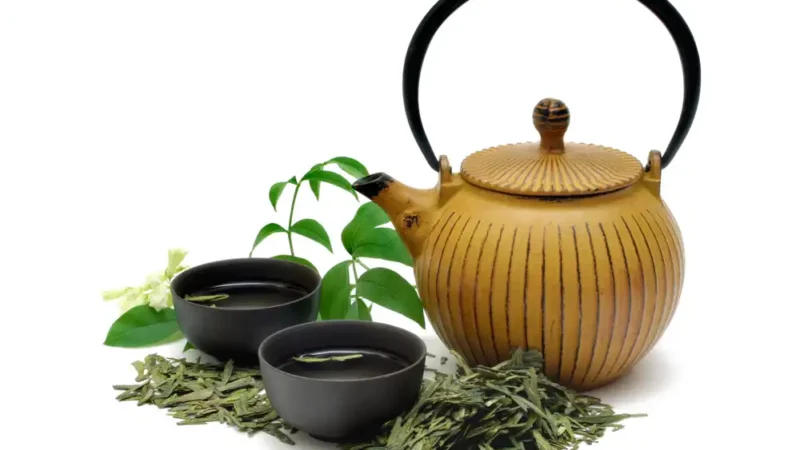Hibiscus Tea: A Vibrant Blend of Flavor and Health
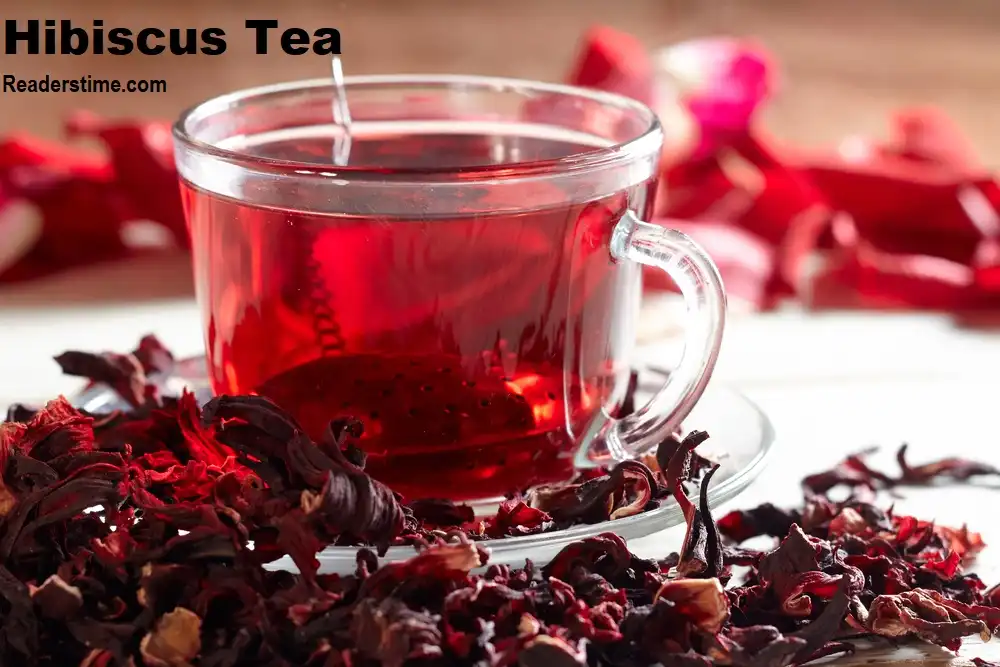
Hibiscus tea, with its striking crimson hue and tangy flavor, has long been cherished not only for its delightful taste but also for its numerous health benefits. Made from the dried petals of the hibiscus flower (scientifically known as Hibiscus sabdariffa), this herbal infusion has a rich cultural history and a growing reputation as a powerhouse of antioxidants. In this comprehensive guide, we delve into the origins of hibiscus tea, its nutritional profile, brewing methods, potential health benefits, and much more.
Origins and Cultural Significance
Hibiscus flowers have been cultivated for centuries, revered for their beauty as well as their medicinal properties. Native to tropical and subtropical regions, including parts of Africa, Southeast Asia, and the Caribbean, hibiscus plants thrive in warm climates and produce large, vibrant flowers that range in color from deep red to pale yellow. Various cultures have embraced hibiscus not only for its ornamental value but also for its culinary and medicinal uses.
In many countries, hibiscus tea holds a special place in traditional herbal medicine practices. Ancient Egyptians used hibiscus tea to help regulate body temperature in the desert heat, while in Mexico and Central America, it is enjoyed as a refreshing beverage known as “agua de Jamaica.” Throughout West Africa, hibiscus tea is brewed for its reputed ability to cool the body and support overall wellness.
Nutritional Composition
Hibiscus tea is celebrated not only for its vibrant color and tangy flavor but also for its impressive nutritional profile. It is rich in various bioactive compounds, including:
Antioxidants: Hibiscus tea contains a high concentration of antioxidants, particularly flavonoids and anthocyanins. These compounds help combat oxidative stress in the body, reducing the risk of chronic diseases and supporting overall health.
Vitamin C: Known for its immune-boosting properties, vitamin C is abundant in hibiscus tea. A single serving can provide a significant portion of the recommended daily intake of this essential nutrient.
Minerals: Hibiscus tea is a good source of minerals such as iron, calcium, magnesium, and potassium, which are vital for maintaining various bodily functions, including bone health and muscle function.
Health Benefits of Hibiscus Tea (agua de Jamaica)
The consumption of hibiscus tea has been associated with several potential health benefits, supported by both traditional wisdom and scientific research:
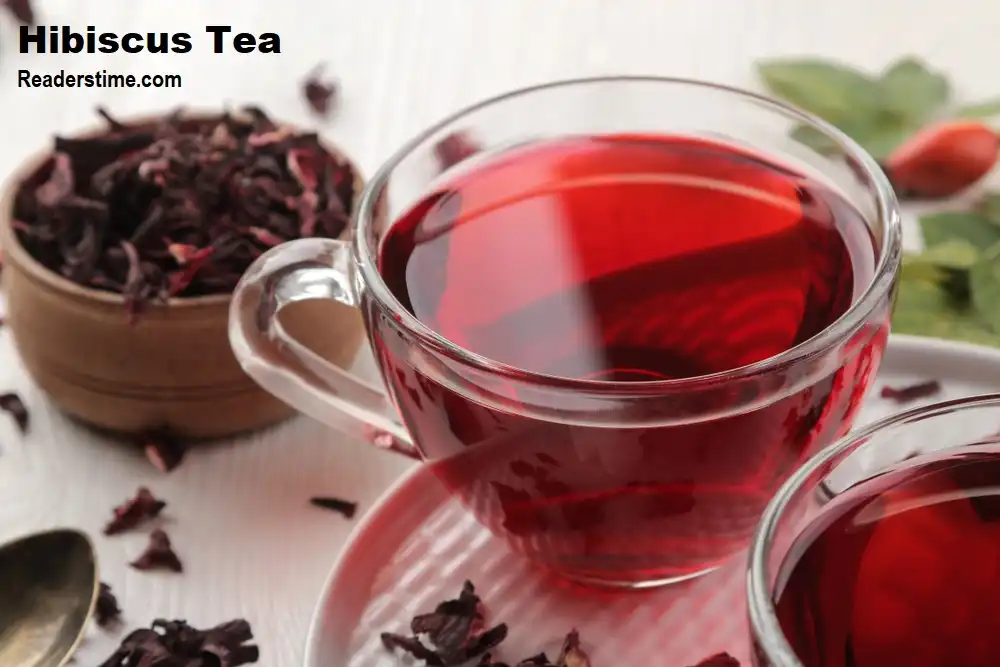
Lowering Blood Pressure: One of the most studied benefits of hibiscus tea is its potential to help lower blood pressure. Several clinical trials have suggested that regular consumption of hibiscus tea may modestly reduce both systolic and diastolic blood pressure levels.
Heart Health: Beyond blood pressure, hibiscus tea may support cardiovascular health in other ways. Its antioxidant properties help protect against oxidative damage to blood vessels, potentially reducing the risk of heart disease.
Liver Health: Preliminary studies indicate that hibiscus tea may have hepatoprotective effects, supporting liver health and aiding in detoxification processes.
Weight Management: Some research suggests that hibiscus tea may help in weight management efforts. It has been hypothesized that compounds in hibiscus tea may inhibit the absorption of carbohydrates, which could contribute to weight loss over time.
Antibacterial and Antiviral Properties: In addition to its antioxidant effects, hibiscus tea exhibits antibacterial and antiviral properties, which may help protect against infections and support immune function.
Anti-inflammatory Effects: Chronic inflammation is linked to various diseases, including cardiovascular disease and diabetes. The anti-inflammatory properties of hibiscus tea may help reduce inflammation and its associated risks.
Brewing and Serving
Brewing hibiscus tea is a straightforward process that can be adapted to suit personal preferences. Here’s a basic guide to brewing a delicious cup of hibiscus tea:
Ingredients:
- Dried hibiscus petals (about 2 teaspoons per cup of water)
- Water (filtered or spring water is recommended)
Method:
- Boil water in a kettle or saucepan.
- Place the dried hibiscus petals in a teapot or heatproof container.
- Pour the boiling water over the hibiscus petals.
- Steep for 5-10 minutes, depending on desired strength.
- Strain the tea into cups or a serving pitcher.
- Add sweetener if desired (honey, sugar, or agave syrup work well with hibiscus tea).
- Serve hot or chilled over ice.
Tips for Enjoying Hibiscus Tea
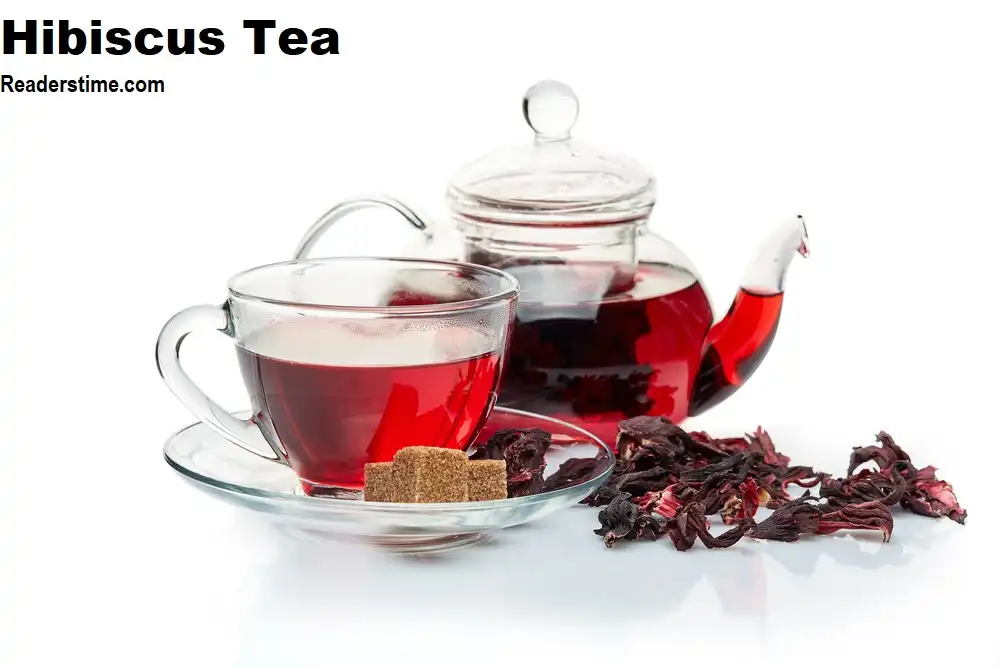
Iced Hibiscus Tea: For a refreshing summer drink, brew hibiscus tea and chill it in the refrigerator. Serve over ice with a slice of lemon or lime for added zest.
Blend with Other Herbs: Experiment with combining hibiscus tea with other herbal teas or aromatic herbs like mint for unique flavor combinations.
Culinary Uses: Hibiscus tea can also be used as a base for cocktails, sorbets, or marinades, adding a floral and tangy twist to culinary creations.
Safety Considerations
While hibiscus tea is generally considered safe for most people when consumed in moderation, there are a few considerations to keep in mind:
Blood Pressure Medications: If you are taking medication to lower blood pressure, consult with your healthcare provider before regularly consuming hibiscus tea, as it may enhance the effects of these medications.
Pregnancy and Lactation: Pregnant and breastfeeding women should consume hibiscus tea in moderation, as high doses may have uterine stimulant effects.
Allergies: Individuals with allergies to hibiscus or related plants should avoid consuming hibiscus tea.
Conclusion
Hibiscus tea stands out not only for its vibrant color and refreshing flavor but also for its potential health benefits supported by scientific research. From its origins in ancient civilizations to its modern-day popularity as a wellness beverage, hibiscus tea continues to captivate tea enthusiasts and health-conscious individuals alike. Whether enjoyed hot on a chilly evening or iced on a hot summer day, hibiscus tea offers a delicious way to support overall health and well-being.
Incorporate hibiscus tea into your daily routine and explore its diverse flavors and potential health benefits. Embrace this ancient herbal remedy and enjoy the delightful journey through its rich history and robust flavors.


